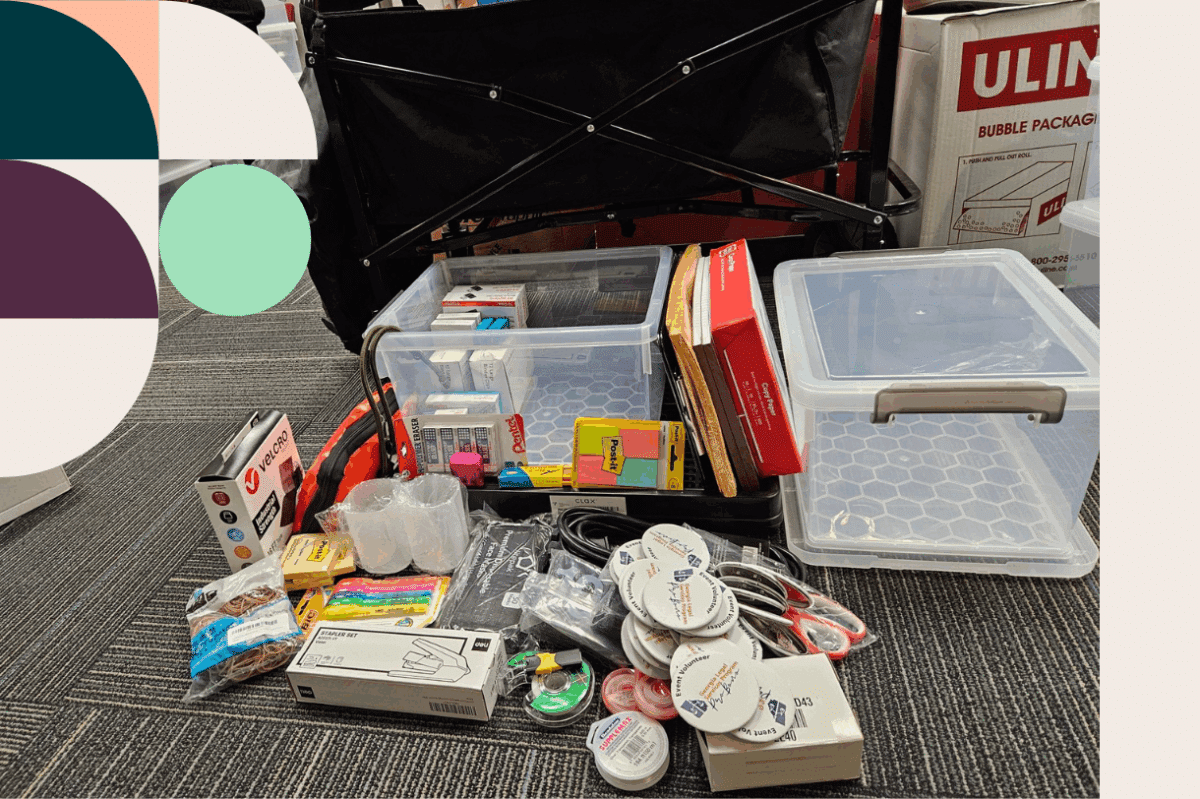Earlier this month, it was my pleasure to host Ben Weinberg, Pro Bono Partner at Dentons, and Sara Ghadiri, Pro Bono Counsel at Chapman & Cutler, in a special webinar for legal services professionals.
Ben and Sara addressed some common questions and challenges for an audience of over 70 legal services pro bono coordinators. Over the course of the conversation, three primary themes emerged:
1. Current pro bono trends present challenges, as well as opportunities.
- Challenge: Large law firms are facing an uncertain economy after hiring heavily for the past few years, and associates are feeling the pressure. This climate, combined with layoffs and ongoing pandemic fatigue, has a dampening effect on pro bono engagement. While this isn’t good news, it does provide useful insight for legal services organizations (LSOs) that are seeing the impact on their programs.
- Opportunity: There is a large associate class expected for Fall 2023, and first-year associates are a great audience for placing pro bono matters. As a co-founder of the Law Firm Antiracism Alliance (LFAA), Ben has seen that new lawyers also tend to be highly aware of social justice movements and passionate about the legal issues that pro bono clients are facing. LSOs can parlay this awareness into their relevant projects.
- Big picture: Knowing current market trends allows LSOs to set expectations with funders, community partners, and clients. It also opens up opportunities for collaboration and pooling resources. Ben noted that his work with the LFAA has shown him there is a desire for collaboration and community across law firms. How can LSOs and firms think creatively about working together to scale impact?
2. Investing in relationships with pro bono attorneys pays dividends for your organization and your clients.
- Takeaway: Look at your pro bono attorneys as long-term supporters, and invest time and attention in those relationships to turn volunteers into ambassadors. Through their engagement with your organization, pro bono attorneys are developing expertise that could be impactful for future pro bono work, as well as building investment in your organization and your cause. Leverage pro bono attorneys as partners of your organization, not just volunteers on a specific matter or clinic.
- How to do it: Ask volunteers for ideas and feedback on pro bono programs. Once they’ve completed a matter or participated in an event with your organization, ask them to recruit volunteers within their firm. Sara noted that it’s more effective when an associate recruits a peer, rather than the pro bono counsel recruiting directly. Or, ask them to make a video testimonial that you can use to advertise the pro bono opportunity to potential volunteers.
And look at ways to build capacity with volunteers: A pro bono attorney handled an uncontested matter; now perhaps they can use those skills to take on a slightly more complex case. A pro bono attorney has volunteered at your help desk a few times; can they partner with a new volunteer to show them the ropes?
- Adapt to engage: Trainings are also a great way to engage with pro bono attorneys when new matters aren’t available, or when volunteer capacity is low. Reach out to the pro bono counsel and ask to present a training to their lawyers; perhaps one of your ambassador volunteers can spread the word at their firm, too.
- Big picture: Take the long view. The first-year associate who’s volunteering with you now may be a partner in 10 years. Stay with them and grow the relationship, and they’ll be able to do increasingly impactful pro bono work for your organization over time, as well as bring in others. Investing in volunteers also helps your program build the stability to weather changing market conditions at law firms.
3. Think strategically about leveraging resources, iterating, and collaborating across the pro bono ecosystem.
- Collaboration is king: The #1 best tool for volunteer recruitment is to facilitate pro bono work between a firm’s lawyers and their corporate clients. Sara noted that it gets new people in the door, and, while collaborative clinics can be a heavy lift for the legal services organization, it’s consistently effective at engaging attorneys in pro bono work. As Ben says, “Pro bono is the new golf.” Practice group leaders love partnering with corporate clients on pro bono, so working with them to involve their clients is a winning strategy to draw volunteers.
- Use the network effect: See the pro bono counsel as a resource, and remember that pro bono is a small world. Pro bono counsels talk to each other, particularly in their own markets. Be thoughtful in your approach. If you have a good relationship with one pro bono counsel, ask them for an introduction to another firm you want to work with. Or if your go-to firm is conflicted out of a matter, see if the pro bono counsel can refer the matter to other firms that may be able to take it on. Deepen the relationships you have, while leveraging existing connections to build new relationships.
- Learn and evolve together: If you have a new project you want to pitch widely, ask a pro bono counsel you know to arrange a joint meeting with multiple firms; this saves time for everyone, and opens the door for cross-firm collaboration. Ask a pro bono counsel for their feedback and partnership on a new program idea (or, if it doesn’t work for their firm, recommendations on potential partners to approach). This can be a great way to test new service delivery models — Sara gave the example of breaking down a full representation immigration case into a multi-day clinic held over the course of a month.
A good relationship with a pro bono counsel can open the door to other resources, beyond attorney time. The firm’s marketing or professional development department may be able to help you by hosting a training or clinic, managing event logistics, or collaborating on promotional materials for your pro bono projects. Just ask!
Thank you to Ben Weinberg and Sara Ghadiri for sharing their time and insight with our community, and to the legal services professionals who joined the event!




